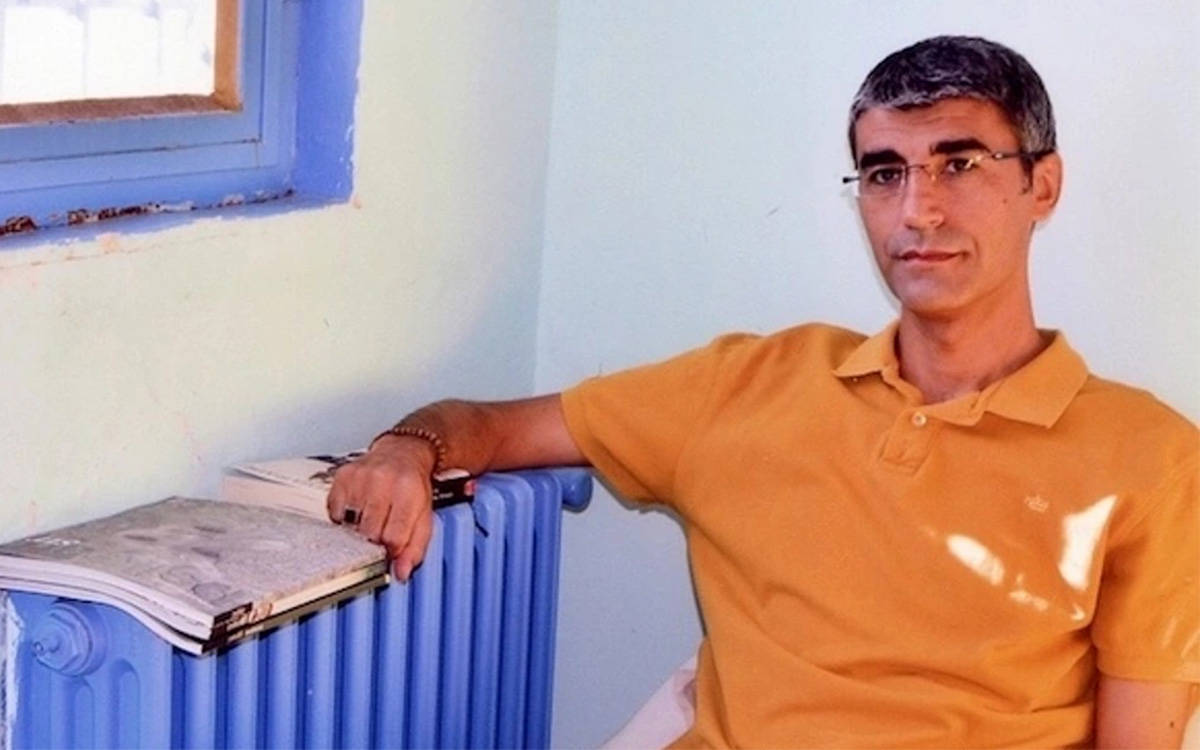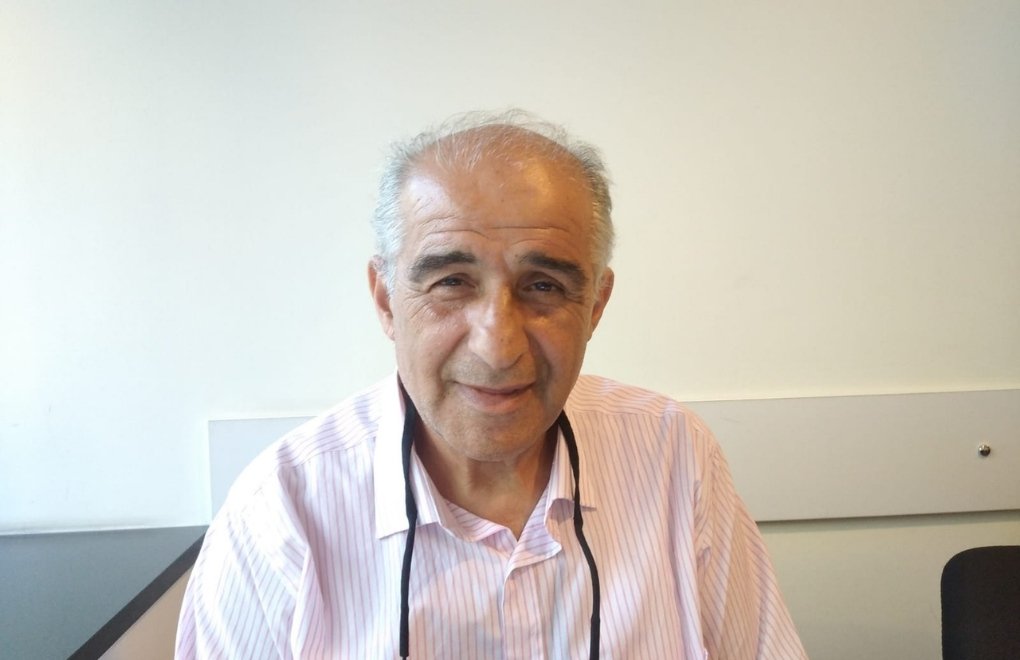The newly released "Forensic analysis of the Turkey 2023 presidential election" report prepared by Peter Klimek, Ahmet Aykaç, and Stefan Thurner analyzes the presidential votes cast on May 14 dual elections in Turkey using election forensic tools.
The report concludes that "the presence of certain types of electoral malpractice in the first round of the 2023 presidential election cannot be ruled out. However, in 2023 these malpractices appear to have been less frequent than in 2018 and less decisive in swinging the vote to one side or the other."
The study has been carried out on the presidential votes cast on May 14, and not on the parliamentary votes cast the same day.
Carried out by an international team working on complex systems
Klimek and Thurner are fellow academicians at CeDAS, Section for Science of Complex Systems at the Medical University of Vienna, the Complexity Science Hub, Vienna, and also Supply Chain Intelligence Institute Austria (ASCII), and the two also work for other institutions, and Ahmet Aykaç¸continues his studies in Theseus International Management Institute, France.
The study was published on Arxiv on May 30 which is a free distribution service and an open-access archive for 2,268,253 scholarly articles in the fields of physics, mathematics, computer science, quantitative biology, quantitative finance, statistics, electrical engineering and systems science, and economics, supported by Cornell University.
Conclusions of the 2017/2018 study found systematic irregularities
Peter Klimek was also part of an international five-member team who carried out the "Forensic analysis of Turkish elections in 2017–2018" study published in 2018, evaluating the 2017 Constitutional Referendum, and then the following early elections in 2018.
The conclusions of the 2017/2018 study were alarming for both:
"For the 2017 Constitutional Referendum, we find systematic and highly significant statistical support for the presence of both ballot stuffing and voter rigging. In 11% of stations, we find signs for ballot stuffing with a standard deviation of 2.7%. Removing such ballot-stuffing-characteristic anomalies from the data would tip the overall balance from 'No' to a majority of 'Yes' votes.
"We find statistical irregularities in the 2018 presidential and parliamentary elections similar in size and direction to those in 2017. These findings validate that our results unveil systematic and potentially even fraudulent biases that require further attention in order to combat electoral malpractices," the report concluded.
The newly released report evaluates the May 14 voting results, but also builds on the 2017/2018 study and presents its conclusions in comparison to it.
Ballot-stuffing practices in 2.4% of electoral units in favor of Erdogan
The report says, "Here, we apply election forensic statistical tests for ballot stuffing and voter manipulation to the results of the first round of the 2023 presidential election in Turkey. We find that the 2023 elections exhibit similar statistical irregularities to those observed in the 2018 presidential elections, however, the magnitude of these distortions has decreased. We estimate that 2.4% (SD 1.9%) of electoral units may have been affected by ballot-stuffing practices in favor of Erdogan, compared to 8.5% (SD 3.9%) in 2018. We also find that areas with few and smaller polling stations had significantly inflated vote and turnout numbers, again, in favor of Erdogan. Our results suggest that Turkish elections continue to be riddled with statistical irregularities, which may be indicative of electoral fraud."
"In 2023, we also observe a tendency for areas with small electorates to show different voting and turnout patterns compared to other regions. Such biases are consistent with the presence of voter coercion or intimidation techniques, to which smaller and more remote electoral units are more susceptible. The effect size of these deviations is statistically significant only by a small margin and for a limited set of size thresholds.
"In summary, these results suggest that the presence of certain types of electoral malpractice in the first round of the 2023 presidential election cannot be ruled out. However, in 2023 these malpractices appear to have been less frequent than in 2018 and less decisive in swinging the vote to one side or the other."
(PE)





.jpg)




.jpg)